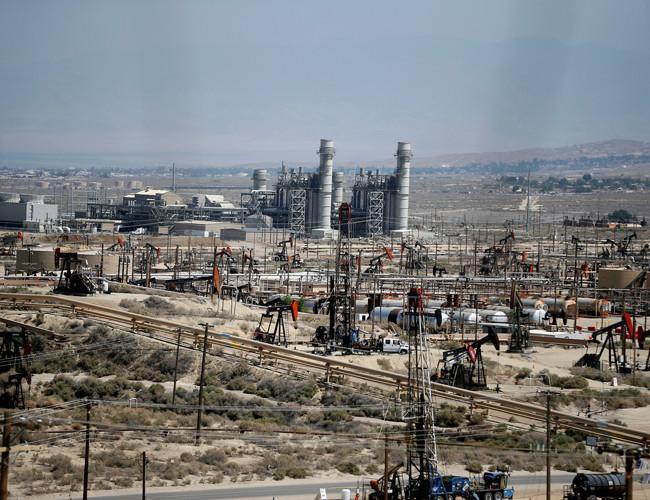Oil sector needs 2020 investment vision to meet demand
PARIS-Agence France-Presse

The oil industry needs to quickly step up investment to meet rising demand as the booming US shale sector will only be able to quench the global thirst for crude for the next two years, the International Energy Agency said on March 5.
“The United States is set to put its stamp on global oil markets for the next five years,” said IEA chief Fatih Birol in a statement as the agency released an annual review of the oil market.
However he noted that “the weak global investment picture remains a source of concern” as the industry faces not only growing demand but many oil fields running dry.
“More investments will be needed to make up for declining oil fields -- the world needs to replace three million barrels per day of declines each year, the equivalent of the North Sea -- while also meeting robust demand growth,” added Birol.
The IEA released its five-year estimates for the market that see oil demand increasing by 6.9 million barrels per day (mbd) by 2023 to 104.7 mbd, boosted by economic growth in Asia and a resurgent petrochemicals industry in the United States.
Output, however, is expected to grow by only 6.4 mbd to reach 107 mbd by 2023.
“Unless there is a change to the fundamentals, the effective global spare capacity cushion will fall to only 2.2 percent of demand by 2023, the lowest number since 2007,” said the IEA.
The agency said the oil industry has yet to recover from an unprecedented two-year drop in investment in 2015-2016 when producers had to slash costs as crude prices collapsed to under $30 per barrel from over $100 per barrel in 2014.
The IEA said it sees little-to-no increase in upstream spending outside of the United States in 2017 and 2018, where a drop in costs means that firms can profitably tap shale reserves at the current prices of around $60 per barrel.
The agency foresees output climbing in the United States from 13.2 mbd last year to reach nearly 17 mbd in 2023.
It expects that the United States will resolve bottlenecks that are currently hampering exports in order to reach an export capacity of 5 mbd by 2020.
















